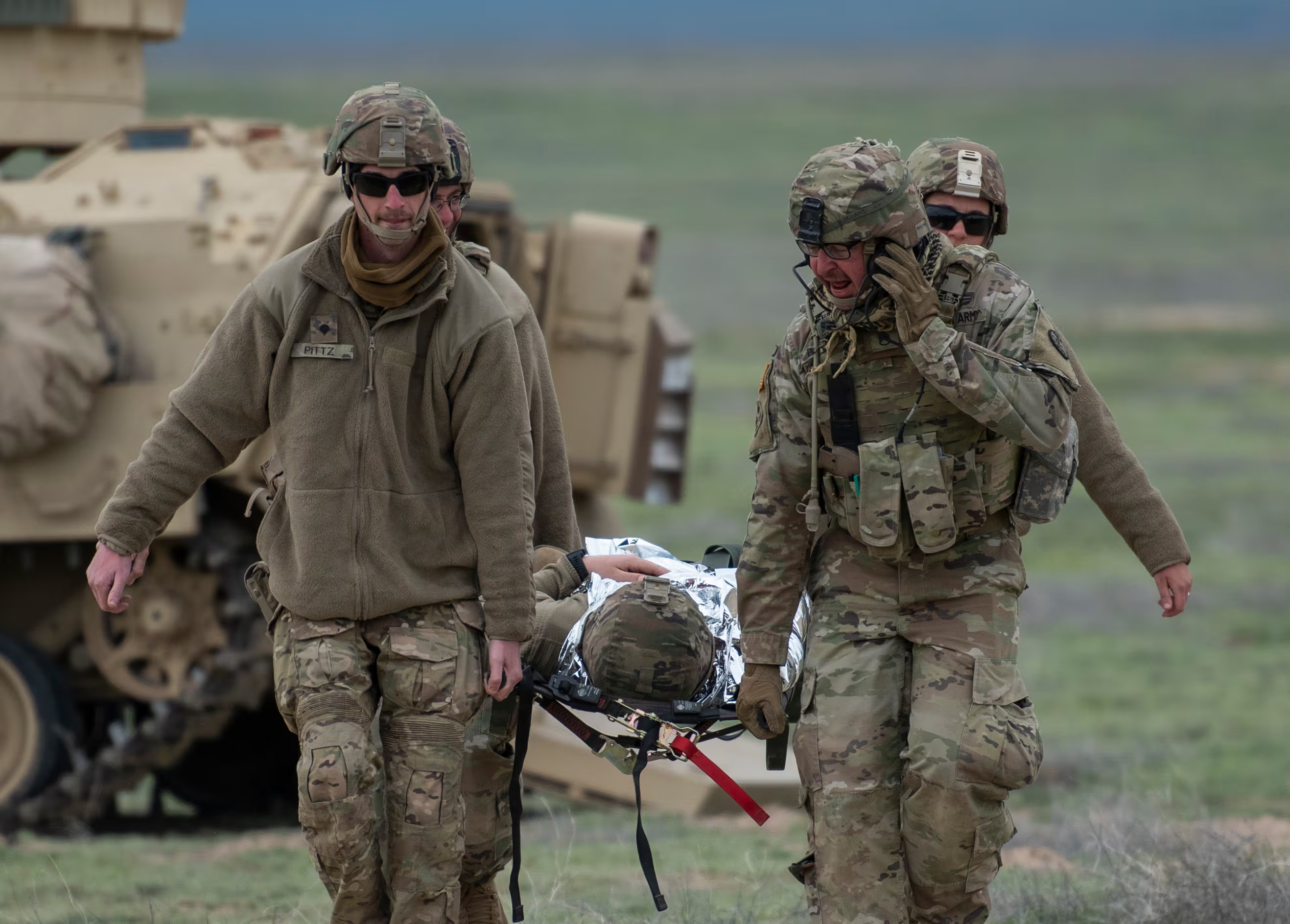Earlier this year, Master Chief Petty Officer of the Navy (AW/NAC) Mike Stevens announced his plans to make the Senior Enlisted Academy mandatory for sailors seeking to make E-9.
Now, starting with those sailors who advance to E-8 off the fiscal 2017 selection board that will meet in March of 2016, the school will become mandatory to even compete for E-9 three years later in the E-9 board. when the fiscal 2020 E-9 board convenes in March of 2019.
"We ask a lot of our senior enlisted leaders on a daily basis and we need to guarantee they have all the skills they need to succeed and that includes attending the SEA," Stevens told Navy Times Dec. 10. "This will ensure that every E-8 in the fleet will have a funded opportunity to attend the SEA participate in this critical professional military education program."
The news of the actual mandatory date comes as the seek the first new class goes through the revamped curriculum at the begins the reworked, blended learning curriculum the Newport, Rhode Island based school. The school has been totally reworked and refocused to start with nine weeks of online training, followed by a 3-week residence portion in Newport.
What hasn't changed is what the school teaches. Topics covered in the academy include communication skills, leadership, organizational behavior and national and international studies.
"The goal is to get 1,300 students through the school this fiscal year," Stevens said in the phone interview. "Throughout this year, we will be in a look, listen and feel mode as we work to ensure this new blended learning solution works properly."
"As with anything new, there will be kinks we have to work out, but we're confident that this is the right way to go and the basic plan is solid," he added.
What this means, though, is The Academy traditionally has been open to all chiefs, E-7 to E-9, but under the changes it will now become primarily for senior chiefs. E-7's through E-9's, will become focused primarily on teaching senior chiefs. This will limit and essentially eliminate the chances that E-7's will attend and limit E-9 opportunity.
"Those who are selected into the command senior chief and master chief programs are required to attend the Academy and that won't change," Stevens said. "But with the resources we have, the focus will be on first training every senior chief in the Navy."
Even though for Anyone who is already a senior chief or those who makes it off this year's exam won't be required to attend, Stevens said.ys they should still attend.
"They will be grandfathered under the old system, but I highly encourage them to attend," he said. "It will only help improve them as leaders, benefit their commands and our Navy as a whole."
For commands, sending a senior chief to the course won't cost them a dime out of their budgets — the Naval War College, which is the resource sponsor for the SEA, nior Enlisted Academy picks up the travel and residency costs.
Before the Newport portion, the students must complete nine weeks of online training at their command. What it will cost them, Stevens said, is ensuring they plan for their senior chief's to have the time to complete the course. This includes their nine-weeks of online training done at home, as well as losing them for three weeks to finish the residency portion, too.
"What this means is that as soon as a sailor is selected to senior chief, they need to start planning for the SEA," Stevens said. "With 12-14 classes a year, there will be plenty of opportunity to attend, so there will be no excuse for not attending."
That's why, he said, that waivers to compete for E-9 without an SEA graduation will be hard to come by. Any waiver must be approved through a command master chief and up through the CMC's chain of command, with MCPON having the final say.sheepskin in hand will be very hard to come by.
"In general, waivers won't be approved," Stevens said. "Poor career planning will not be an acceptable excuse as to why someone hasn't attended during their first three years as a as an E-8."
But Stevens says there they will consider waivers for operational realities and situations out of the control of commands and individuals.
Waivers must be approved by their own command master chief and then must go through their respective CMC chain through force and fleet master chief, but it will be MCPON who has the final say on any waiver approvals.
Mark D. Faram is a former reporter for Navy Times. He was a senior writer covering personnel, cultural and historical issues. A nine-year active duty Navy veteran, Faram served from 1978 to 1987 as a Navy Diver and photographer.




